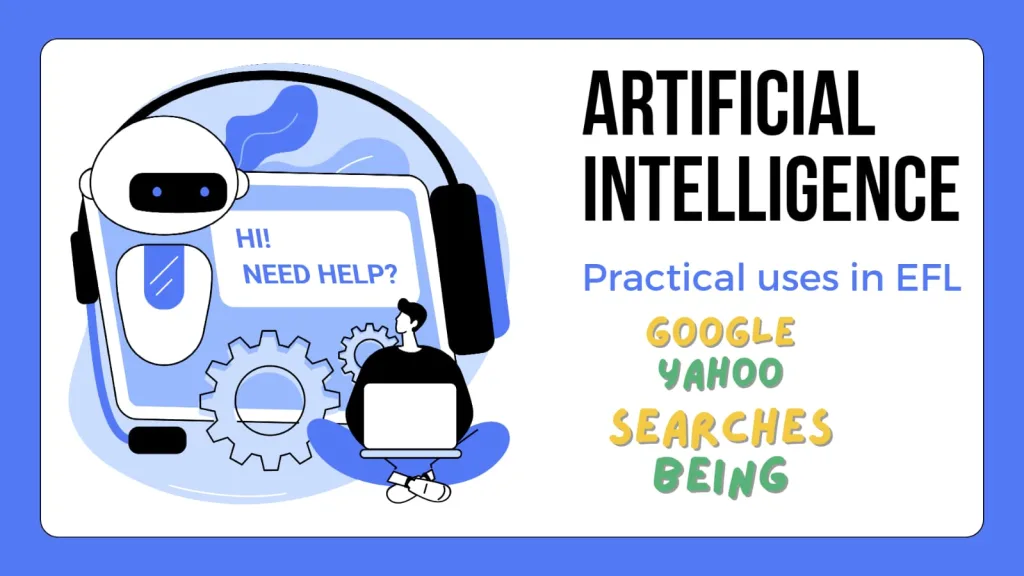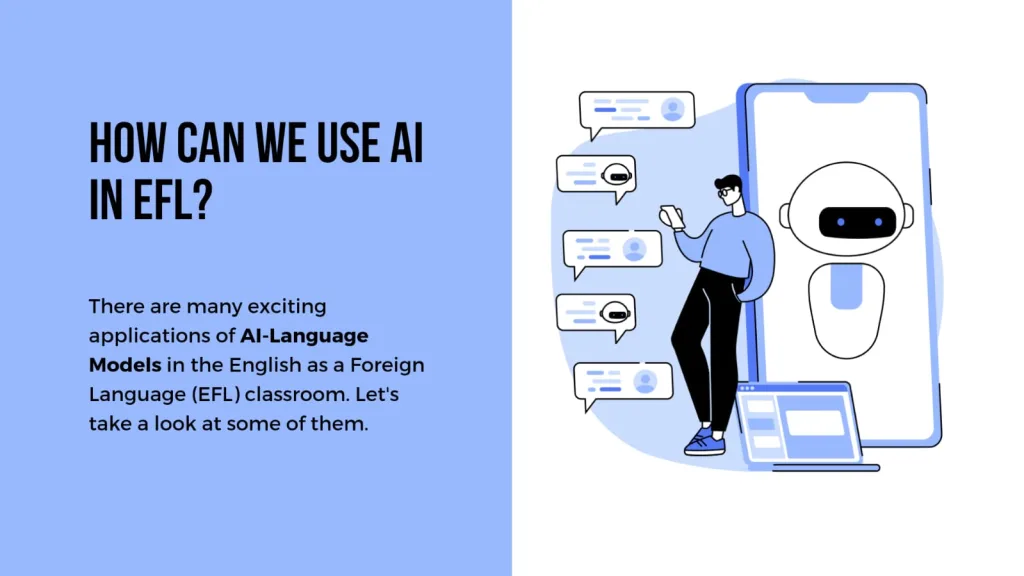Chat GPT and Its Impact on Google, Yahoo, and the Future of Online Search
Introduction:
In the ever-evolving landscape of technology, artificial intelligence (AI) has emerged as a transformative force, reshaping the way we interact with the digital world. One of the groundbreaking applications of AI in recent years is ChatGPT, a language model developed by OpenAI. Chat GPT and Its Impact on Google, Yahoo, and the Future of Online Search.This article explores the potential impact of ChatGPT on established search engines like Google and Yahoo, and speculates on whether it could emerge as a formidable competitor in the realm of online search.

The Rise of ChatGPT:
ChatGPT, built on the GPT-3.5 architecture, represents a significant leap in natural language processing capabilities. Unlike traditional search engines that rely on keyword-based queries, ChatGPT can understand and generate human-like text, making it adept at understanding context and providing nuanced responses. This advancement has led to widespread speculation about its potential to revolutionize the way we search for information online.
The Google and Yahoo Legacy:

Google and Yahoo have long been synonymous with online search, dominating the search engine market for decades. Google, with its PageRank algorithm, and Yahoo, with its directory-based approach, have shaped the digital landscape and become integral parts of our online experience. However, the advent of AI-powered models like ChatGPT raises questions about the sustainability of their dominance.
ChatGPT vs. Traditional Search Algorithms:
Traditional search engines operate on algorithms that match user queries with indexed web pages based on keywords and relevance. In contrast, ChatGPT leverages deep learning to understand the intent behind user queries and generate more contextually relevant responses. This shift challenges the conventional search paradigm, potentially rendering traditional algorithms obsolete.
The Threat to Google and Yahoo:

While Google and Yahoo have continuously adapted to technological advancements, the emergence of ChatGPT poses a unique challenge. The conversational nature of ChatGPT allows users to interact more naturally, making the search experience more user-friendly. If ChatGPT can consistently deliver accurate and context-aware results, it may lure users away from traditional search engines.
Potential Integration with Search Engines:
Rather than replacing existing search engines, ChatGPT could be integrated into their frameworks to enhance user experiences. Imagine a search engine that understands not just keywords but also the nuances of natural language, providing users with more personalized and accurate results. This hybrid approach could redefine the future of online search.
Ethical Considerations and Challenges:
As ChatGPT gains prominence, ethical considerations come to the forefront. Issues such as misinformation, bias in responses, and potential exploitation of the technology need careful attention. Balancing technological advancement with ethical responsibility will be crucial in ensuring that ChatGPT contributes positively to the online search ecosystem.
The Road Ahead:
The success of ChatGPT as a search engine depends on its ability to address challenges, gain user trust, and continuously improve its performance. Google and Yahoo, with their vast resources and user bases, remain formidable competitors. The future of online search may witness a coexistence of traditional algorithms and AI-powered models, each catering to different user preferences.
User Experience and Personalization:

One of the defining features of ChatGPT is its ability to deliver a more personalized and user-centric search experience. By understanding the context of a user’s query, ChatGPT can provide not just relevant information but also tailor responses based on individual preferences. This level of personalization has the potential to redefine user expectations and loyalty in the realm of online search.
ChatGPT in Niche Markets:
While Google and Yahoo dominate the general search landscape, ChatGPT’s conversational and context-aware capabilities could find a niche in specialized markets. For complex or industry-specific queries, where nuanced understanding is crucial, ChatGPT may outshine traditional search engines. This could lead to a fragmentation of the search market, with different platforms catering to diverse user needs.
Industry Adoption and Innovation:
The potential of ChatGPT extends beyond search engines. Industries ranging from customer support to content creation are exploring ways to integrate this technology. If widely adopted, ChatGPT could become an integral part of various digital services, further solidifying its presence in the online ecosystem. The pace of industry adoption will play a crucial role in determining ChatGPT’s overall impact.
Challenges in Natural Language Understanding:
While ChatGPT demonstrates impressive language generation capabilities, challenges persist in ensuring accurate and nuanced natural language understanding. The model may occasionally misinterpret queries or provide responses that lack precision. Addressing these challenges is crucial for ChatGPT to gain the trust of users and compete effectively with the well-established search giants.
Evolving Search Engine Algorithms:
The success of search engines relies on their ability to adapt and evolve. Google, in particular, has a history of refining its search algorithms to deliver more accurate and timely results. The integration of AI models like ChatGPT could inspire further innovation in search engine algorithms, leading to a new era of more intelligent, efficient, and user-friendly search experiences.
User Trust and Data Privacy:
As AI models like ChatGPT become more ingrained in daily online interactions, concerns about user trust and data privacy come to the forefront. Users must feel confident that their queries are processed securely and that the technology respects their privacy. Building and maintaining this trust will be crucial for the widespread acceptance of ChatGPT as a viable alternative to traditional search engines.
Collaboration Over Competition:
Rather than envisioning a scenario where ChatGPT completely displaces Google and Yahoo, a more realistic outlook involves collaboration. Integrating the strengths of ChatGPT with the vast infrastructure and capabilities of existing search engines could lead to a synergistic approach that benefits both users and technology providers.
Conclusion: The Coexistence of Giants and Innovators:
In conclusion, the impact of ChatGPT on Google, Yahoo, and the landscape of online search is not a tale of destruction but one of evolution. The coexistence of established giants and innovative newcomers is a testament to the dynamic nature of the tech industry. As ChatGPT continues to refine its capabilities and address challenges, the future of online search promises to be a fascinating blend of tradition and innovation, with user experience at the forefront of this digital revolution.
Conclusion:
ChatGPT’s impact on Google, Yahoo, and the future of online search is an intriguing topic that raises fundamental questions about the evolution of technology. While the traditional giants are unlikely to be obliterated, the rise of ChatGPT signals a paradigm shift in how we interact with search engines. The synergy of AI and existing search algorithms could pave the way for a more intuitive and personalized online search experience, benefiting users and shaping the digital landscape for years to come.
Navigating the World of ChatGPT: A User’s Guide
With the advent of ChatGPT, users now have access to a powerful tool that harnesses the capabilities of artificial intelligence for interactive and natural language conversations.
Here’s a handy guide on how to make the most of ChatGPT:
Accessing ChatGPT:
- To engage with ChatGPT, users can access the platform through various interfaces provided by OpenAI or other developers. These interfaces may include websites, applications, or specialized platforms designed to interact seamlessly with the ChatGPT model.

Rise of ChatGPT
Starting a Conversation:
- Initiating a conversation with ChatGPT is as simple as typing your query or statement. The model is designed to understand and respond contextually, so feel free to express yourself naturally.
Clarity in Queries:
- While ChatGPT excels at natural language processing, providing clear and concise queries enhances the accuracy of responses. Clearly stating your intent ensures that ChatGPT comprehends your requirements accurately.
Iterative Conversations:
- Unlike traditional search engines, ChatGPT allows for iterative conversations. Users can ask follow-up questions or seek clarification, creating a more dynamic and interactive experience.
Experimenting with Prompts:
- Users can experiment with different prompts to observe how ChatGPT responds. Adjusting the wording or structure of a question can yield varied and interesting results, providing a unique and personalized experience.
How to Use ChatGPT – Beginner’s Guide
Setting the Tone:
- ChatGPT is adaptable to various tones and styles of communication. Whether you prefer a formal tone or a more casual conversation, ChatGPT can adjust its responses accordingly.
Providing Feedback:
- OpenAI encourages users to provide feedback on problematic model outputs through the interface. This helps in refining and improving the performance of ChatGPT over time.
Understanding Limitations:
- While ChatGPT is a kind of great and advance language model, it has limitations. It may not always generate accurate responses, and users should be aware of potential biases. Being mindful of these limitations enhances the overall user experience.
Exploring Use Cases:
- ChatGPT is not limited to casual conversation; it can be a valuable tool for a variety of tasks. Users can explore use cases such as content creation, brainstorming ideas, or even drafting emails with the assistance of the model.
Staying Informed:
- As ChatGPT evolves, staying informed about updates, improvements, and best practices ensures users can leverage the model effectively. OpenAI’s official channels and documentation are valuable resources for staying up-to-date.
In summary, using ChatGPT is an exciting and user-friendly experience. By following these simple guidelines, users can unlock the full potential of this AI-powered conversational tool and explore the myriad possibilities it offers
Tags:
- ChatGPT
- Search Engine Evolution
- Google and Yahoo Impact
- AI-Powered Search
- Future of Online Search

